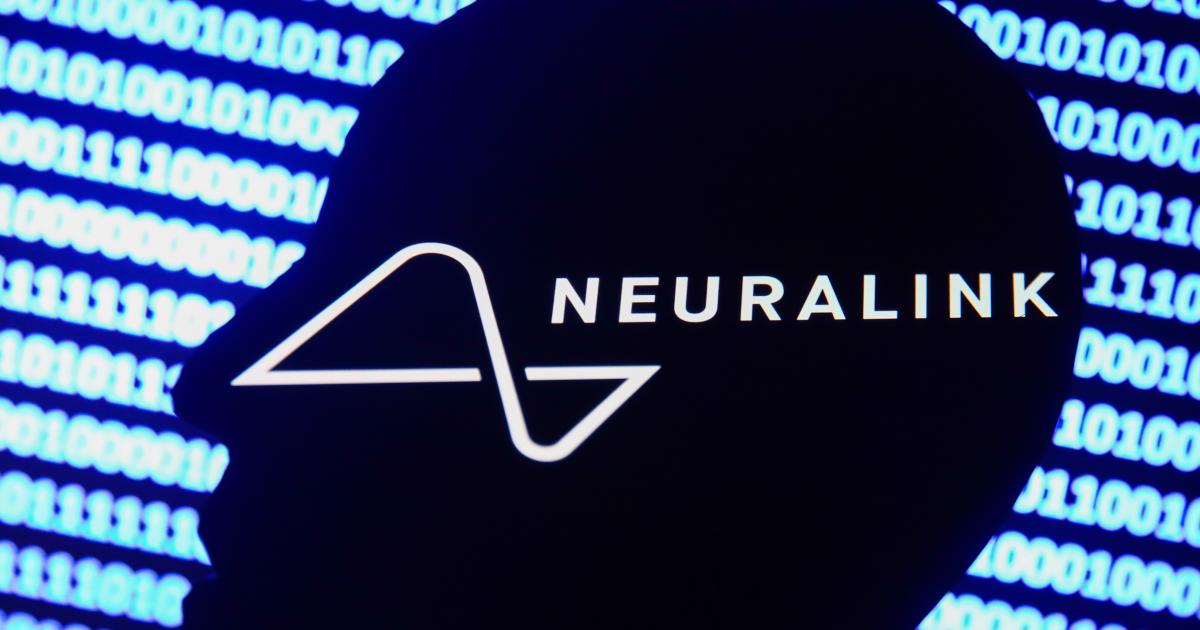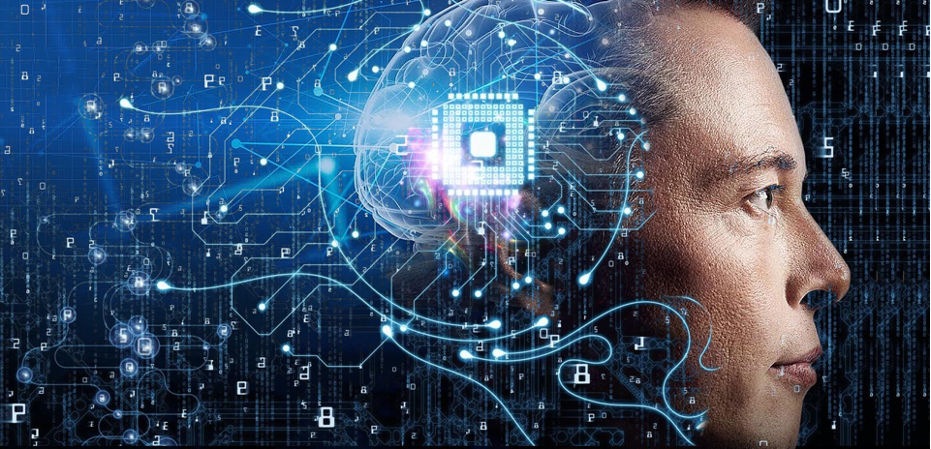Rajkotupdates.news: Elon Musk in 2022 Neuralink Start to Implantation of Brain Chips in Humans : Rajkotupdates.news is reporting that Elon Musk’s company, Neuralink, will begin implanting brain chips in humans in 2022. This is a major development in the field of neuroscience, and has the potential to revolutionize the way we interact with technology.
What is Neuralink Chip?
The Neuralink chip is a brain-computer interface device developed by Neuralink Corporation, a company founded by Elon Musk. The chip is designed to be implanted in the brain and function as a communication bridge between the brain and external devices such as computers or smartphones.
The Neuralink chip uses a network of tiny electrodes to record and stimulate brain activity, allowing for bidirectional communication between the brain and external devices. This technology has the potential to revolutionize the way we interact with technology and even treat neurological disorders.
Neuralink’s ultimate goal is to create a symbiotic relationship between humans and artificial intelligence, enabling humans to keep up with the rapid advancements in technology and potentially even enhance human cognitive abilities.
While the Neuralink chip is still in the early stages of development and testing, the potential applications of this technology are vast and exciting. It could bring about a future where humans and machines work together seamlessly, unlocking new possibilities in fields such as medicine, entertainment, and communication.
Rajkotupdates.news: Elon Musk in 2022 Neuralink Start to Implantation of Brain Chips in Humans

According to recent reports, Elon Musk’s company, Neuralink, is planning to start implanting brain chips in humans in 2022. This technology is aimed at helping people with neurological disorders, but it could also have other applications in the future.
The brain chips are designed to connect directly to the brain and allow people to control computers and other devices with their thoughts. This could be life-changing for people with disabilities or other conditions that make it difficult to use traditional interfaces.
However, there are also concerns about the potential risks of implanting brain chips in humans. Some experts worry about the long-term effects of having a foreign object in the brain, while others are concerned about the potential for misuse of this technology.
Despite these concerns, the development of brain chips represents an exciting new frontier in the field of neuroscience. Only time will tell how this technology will be used and what impact it will have on society as a whole.
Elon Musk’s Neuralink Plans to Implant Brain Chips in Humans in 2022
Elon Musk, the CEO of Neuralink, recently announced that the company is planning to start implanting brain chips in humans in 2022. This is later than he had initially anticipated.
Neuralink, which was founded in 2016, is a company that develops implantable brain–machine interfaces (BMIs). The company’s goal is to help humans merge with artificial intelligence (AI) and to enhance their cognitive abilities.
In a recent tweet, Musk stated that Neuralink is making good progress in developing its brain chips and that the company is currently testing them on animals. He also mentioned that the company is working on a “sewing machine-like” device that can implant the chips into the human brain.
Although the idea of brain chips may sound like science fiction, Musk believes that they could have a significant impact on society. He argues that they could help people with neurological conditions such as Parkinson’s disease and depression, and that they could also be used to enhance human intelligence and memory.
Despite the potential benefits, there are also concerns about the ethical implications of brain chips. Some critics have argued that they could be used for surveillance or mind control, and that they could exacerbate existing inequalities in society.
As Neuralink continues to develop its brain chips, it will be interesting to see how these ethical concerns are addressed, and whether the technology will live up to its promise of enhancing human cognitive abilities.
The Promise of Brain Chips
The idea of implanting chips in the brain has been around for decades, but recent advances in technology have made it a reality. The promise of brain chips is that they will allow us to interface directly with computers and other electronic devices, without the need for an external interface like a mouse or keyboard. This could have enormous implications for people with disabilities, as well as for anyone who wants to enhance their cognitive abilities.
Potential Risks
In addition to the ethical concerns, there are also potential risks associated with brain chips. For example, what happens if the technology malfunctions or is hacked? Will people’s thoughts and personal information be vulnerable to exploitation? These are all important questions that need to be addressed before widespread adoption of brain chips can occur.
The Need for Regulation
Given the potential risks and ethical concerns, it’s clear that government regulation will be necessary to ensure that brain chips are developed and used in a responsible manner. This will require close collaboration between scientists, policymakers, and other stakeholders to ensure that the technology is safe, accessible, and equitable.
The Possibilities are Endless
Despite the risks and ethical concerns, the possibilities of brain chips are truly endless. They have the potential to revolutionize everything from healthcare to education to entertainment. As we move forward with this technology, it’s important that we do so in a responsible and thoughtful manner, with an eye toward the future.
The Ethical Implications
While the potential benefits of brain chips are enormous, there are also serious ethical implications to consider. For example, who will have access to this technology? Will it only be available to the wealthy and powerful? Will it be used to control people’s thoughts and behavior? These are all important questions that need to be addressed before brain chips become widespread.
The Future of Brain-Computer Interfaces
Despite the ethical concerns, it’s clear that brain-computer interfaces are the way of the future. Elon Musk has been a vocal advocate for this technology, and with the launch of Neuralink, it’s clear that he’s serious about making it a reality. We can expect to see more developments in this field in the coming years, and it will be fascinating to see how it evolves.
Benefits of Rajkotupdates.news: Elon Musk in 2022 Neuralink Start to Implantation of Brain Chips in Humans

Rajkotupdates.news is a platform that provides up-to-date news on various topics, including technology, science, and business. One of the latest news that they covered is about Elon Musk’s Neuralink, which is set to start implanting brain chips in humans in 2022.
The benefits of this technology are immense. It has the potential to revolutionize the medical industry by helping people who have suffered from brain injuries or diseases such as Parkinson’s, Alzheimer’s, or epilepsy. The brain chips can help restore lost functions or improve cognitive abilities, which can significantly enhance the quality of life for patients.
Moreover, this technology can also have significant implications for the future of human evolution, allowing us to enhance our cognitive abilities or even communicate telepathically. It can also help us better understand how the brain works, leading to new discoveries in neuroscience and psychology.
Rajkotupdates.news is an excellent platform for staying informed about the latest developments in technology and science. By keeping up with the latest news, we can better prepare for the future and make informed decisions that can positively impact our lives.
Conclusion
Rajkotupdates.news is reporting that Neuralink will begin implanting brain chips in humans in 2022. While this is an exciting development, there are also important ethical implications to consider. As we move forward with this technology, it’s important that we do so thoughtfully and with a full understanding of its potential impact on our society.
